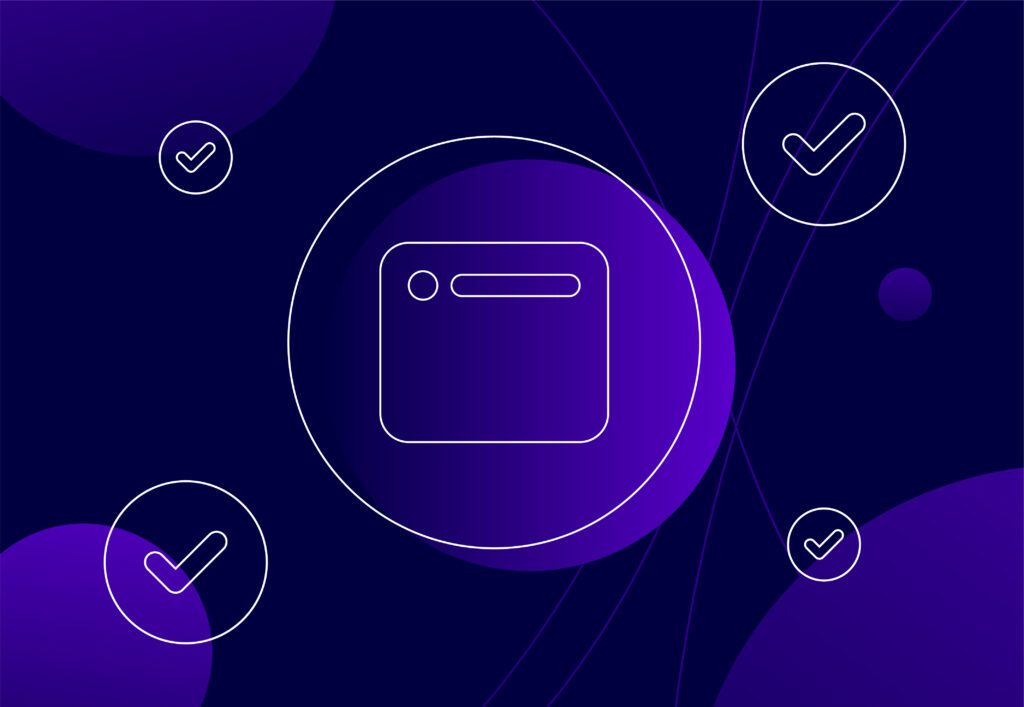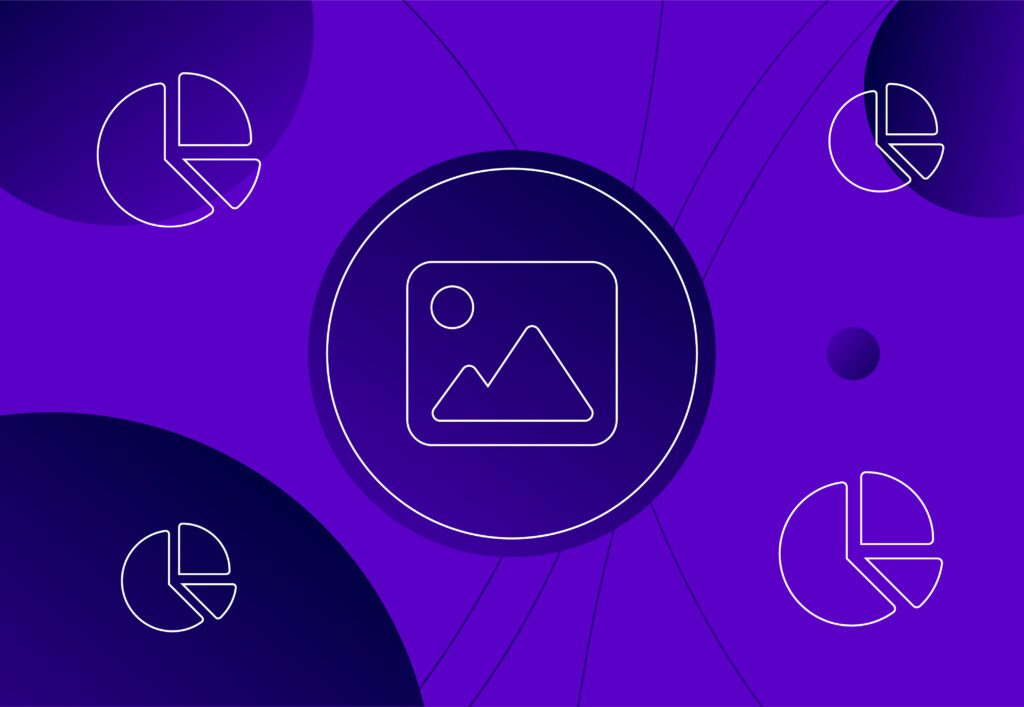
Are We Doing H1 Tags Wrong?

Cyrus Shepard, on Twitter, carried out a poll which posed the question to SEOs of ‘Quiz: Does Google recommend using a single <h1> in your content for SEO purposes?’.
Interestingly, almost sixty percent of nearly 2000 voters said that Google recommends just one H1 heading tag per web page.
Despite recent and direct information from Google on the best practices for heading elements on web pages, it seems that SEOs are still torn and unsure what to do.
So, what does Google recommend, then?
This is what we are all actually interested in…
Does Google recommend using only one H1 heading? The answer is no.
John Mueller, of Google, said that we are free to use as many H1 headings as we want on web pages.
“You can use H1 tags as often as you want on a page. There’s no limit, neither upper or lower bound.
Your site is going to rank perfectly fine with no H1 tags or with five H1 tags.”
Alongside this — if you needed further information — there is a published video from Google on this topic, actively dispelling the (proven by the Twitter poll) popular idea that Google recommends using no more than one H1 tag per page.
In Google’s video, Mueller also states:
“Our systems don’t have a problem when it comes to multiple H1 headings on a page. That’s a fairly common pattern on the web.”
You can watch that here:
In the early days of Google, headings were used as a primary way for the algorithm to understand what your web page is about. However, as Google becomes more intelligent, the algorithm can understand this in other ways, and is less reliant on a h1 tag. Other areas such as bold, italic and larger font sized texts were also clues, back then, of what web pages were about and which content was more important for Google to understand. Again, this is now outdated, too.
This was all part of the original Google PageRank research paper published in 1998.
Essentially, there are myriad ways that Google previously utilised to understand the contents of web pages. However, they have been pivoting away from these methods arguably as early as 2012 – when Google announced their ‘Knowledge Graph‘ alternative method of understanding content. The knowledge graph update can be summed up by the below Google statement:
“This is a critical first step towards building the next generation of search, which taps into the collective intelligence of the web and understands the world a bit more like people do.”
So, to conclude, Google is increasingly more intelligent and human-like, and you don’t need to worry about using more than one H1 tag on your web pages.




